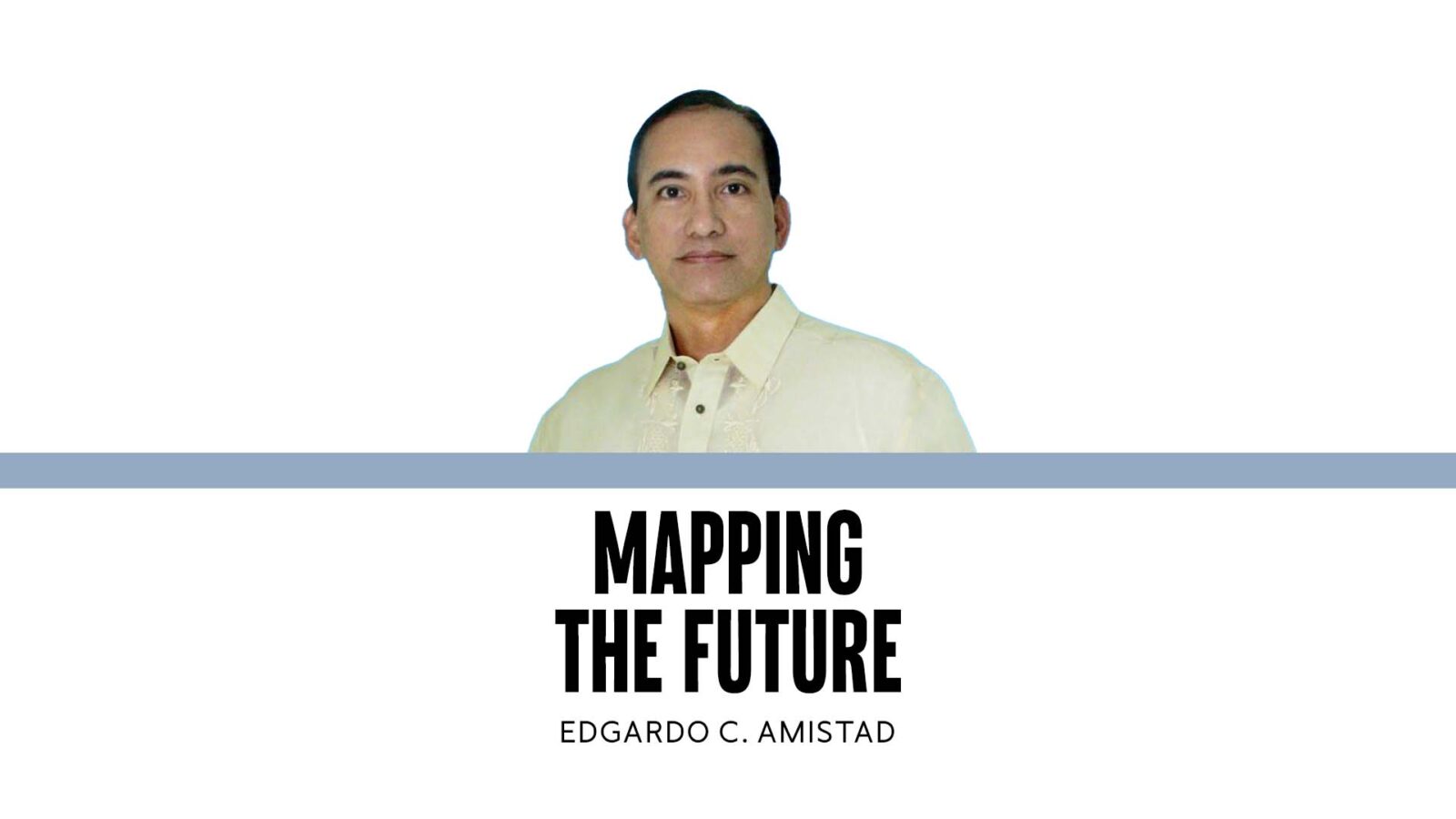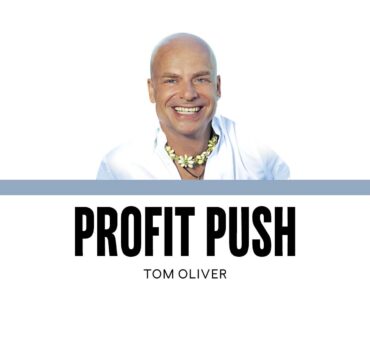Corruption: An enduring reign of greed

The issue of corruption has become one of the hottest topics these days, following President Ferdinand E. Marcos Jr.’s recent State of the Nation Address wherein he highlighted the pernicious practice as the root cause of our country’s ills.
The stench generated by the overpriced but useless flood control projects, costing taxpayers hundreds of billions of pesos in wasted funds, was too blatant to ignore. The President’s rebuke of the perpetrators reverberated in the hallowed halls of Congress—“Mahiya naman kayo!” (Shame on you)– when he scolded the culprits.
Responding to the call of the times, the Management Association of the Philippines (MAP), by way of its recent general membership meeting, invited no less than Baguio City Mayor and Mayors for Good Governance lead convenor, Benjamin Magalong, to speak on “Moral Imperatives on Corruption.”
Mayor Magalong is the poster boy of the current crusade against corruption; his outspoken criticism of the government’s unscrupulous transactions is unwavering and a beacon of hope in today’ cynical political climate.
In his address, he eloquently described the current state of corruption in the country and its damaging impact on our economic development.
So compelling was his talk that the session ran overtime—with some MAP members lingering afterward, perhaps hoping that some of the mayor’s steadfastness might rub off on them.
Although the routine abuses of politicians and government agencies are generally known, the mayor’s graphic exposé on the extent and gravity of corruption today held the audience spellbound.
For example, he revealed that the government procured solar streetlights at an overprice of P157,000 each, when the going unit price in the market was only P32,000 to P40,000. The “Cat’s eye” road reflectors, valued at about P1,800, were overpriced in contracts at P11,720. Total kickback for the road reflectors alone in three years was P237 billion!
In addition, while past elected officials and other government functionaries were content to share 20 to 30 percent kickbacks from infrastructure projects, today it has gone up to as high as 58 percent. The impact of those double dealings is that newly constructed roads and bridges deteriorate or even collapse within a few months or years of their completion. Their quality was grossly substandard.
Based on Transparency International’s study, the Philippines ranks 115th out of 180 countries in the corruption perception index. The amount stolen from the national budget is estimated at 20 percent of the total. Given a national budget for 2025 of P6.352 trillion, the 20 percent would be a staggering P1.265 trillion. That amount is even bigger than the education budget of P1.055 trillion.
The sad part of Mayor Magalong’s spiel was his admission that no immediate solution is at hand. The “culture of greed,” as the mayor described it, is multigenerational in scope and would need sustained and persistent campaigns to reverse or mitigate. That’s why, “I am in this fight for the long haul,” he said.
Mayor Magalong is not alone in his assessment. Some disillusioned civic and business leaders are already resigned to our deplorable fate and have thrown in the towel. They believe corruption has already metastasized beyond healing; that it is far better and easier to accept and live with it.
How did we ever come to this point?
When we talk of the grand corruption of the national budget, it did not happen overnight. During Congress’s heydays in the 1950s to the 1960s, this was unheard of. Sure, there were allegations of graft even then, but the amount bandied about was relatively insignificant compared with today.
The change in our political structure most likely contributed to the decline. We had a strong two-party system before that was based on platforms of government. Moreover, the setup frowned upon “turncoatism,” and checks and balances were built into the system. Whoever is the party in power is fiscalized and scrutinized by the minority party, not only in the Senate but also in the House.
At present, party loyalty has gone out of fashion. Every time a new president is elected, a supermajority party is constituted under his leadership. The party in power is therefore able to push its agenda unimpeded, including budget insertions that pave the ways for corruption.
Another contributor to the political malaise is the prohibitive cost of running a campaign for an elective post. Whoever wins is therefore primed to get back the amount spent plus a generous dose of profit.
Even a lowly position, like a barangay captain in a town in Metro Manila, requires millions of pesos in campaign funds. What more for a national government position? It must be in the hundreds of millions, if not billions. The danger here is that the higher the amount spent by a candidate, the higher the amount he is bound to corrupt. Unless, of course, he or she is a saint.
In reality, therefore, only the ultrarich can run and be elected. Even those coming from the middle class may not be able to afford it. The actors and media personalities are the exemptions because of their built-in name recall or popularity. Whether or not most of them are qualified is a different story altogether.
If the voters’ choice is limited, the possibility of electing the best and the brightest is next to impossible. A serious review of our political structure is therefore necessary if we want to see improvement in the quality of our politicians. Simply passing an anti-dynasty law may not be enough.
In the case of corruption in the government bureaucracy, it may be worth sharing the insight of former Landbank senior officer, Antonio Hernandez. His thinking was that for as long as more honest individuals are with the organization, doing what is right is always possible. But the moment the situation flips to the other side, then it becomes problematic because righteous conduct becomes an abnormal behavior.
At times, the fight against corruption may seem like a quixotic quest, an impossible dream, but we must never give up. As Mayor Magalong put it, “We owe it to the future of our children and grandchildren that we make life better and brighter for them.”
But it’s not only for the future that we must do this. We also owe it to our past, our dead heroes who sacrificed their lives believing our country can achieve greatness under the stewardship of the Filipinos themselves. We must not let their deeds go to waste.
The author is member of the Agribusiness Committee of MAP. He is also the adviser of the Philippine Disaster Resilience Foundation and is former president of UCPB-CIIF Finance and Development Corp. and UCPB-CIIF Foundation. Feedback at map@map.org.ph and edgardo.amistad@yahoo.com.



















